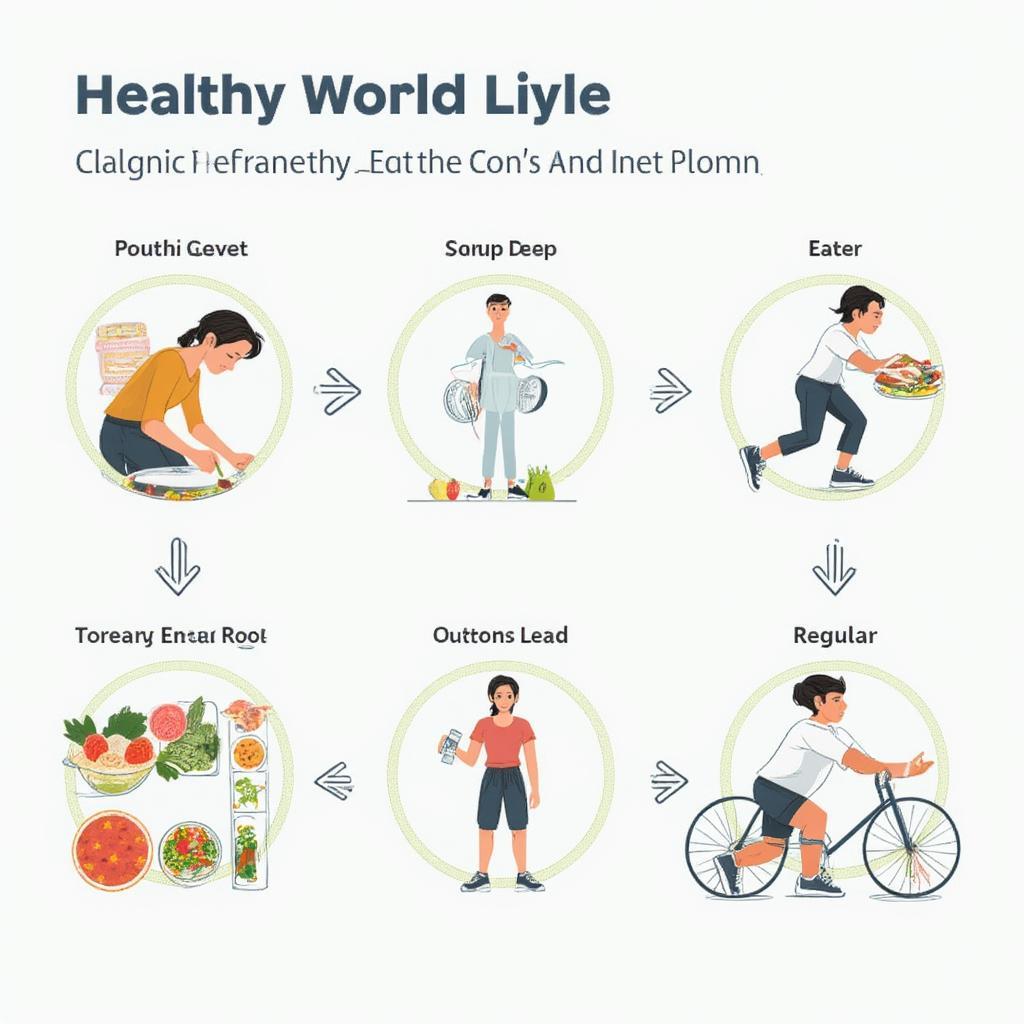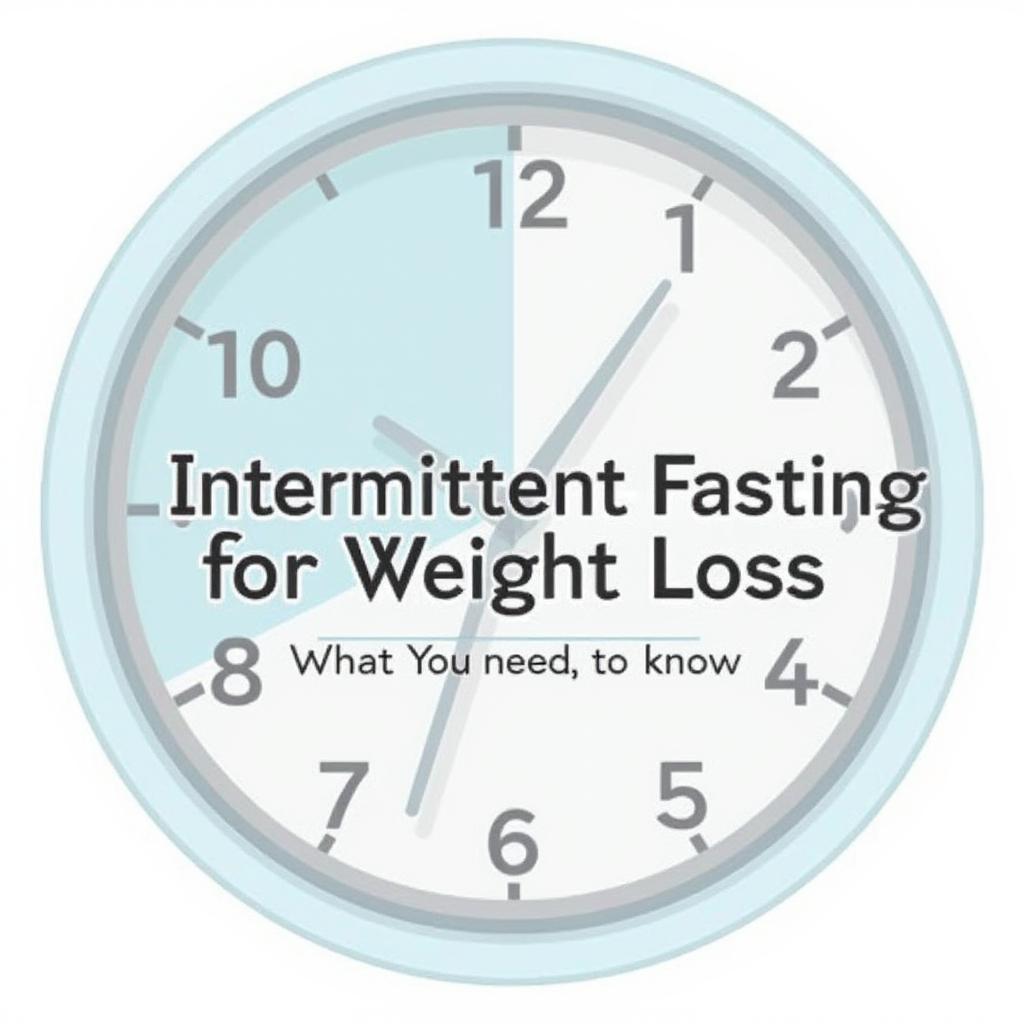The Safe Way to Lose Weight When Pregnant: A Comprehensive Guide

Pregnancy is a time of incredible change and growth, and while it’s natural to be mindful of weight gain, it’s crucial to prioritize a healthy and safe approach. Losing weight during pregnancy is generally not recommended for most women, but with careful guidance from healthcare professionals, it may be appropriate in certain situations. This guide will discuss the safe and healthy ways to manage your weight while ensuring the well-being of both you and your baby.
Maintaining a healthy weight during pregnancy is crucial for preventing complications like gestational diabetes and preeclampsia. The focus should always be on nourishing your body with nutrient-rich foods and staying active in a safe way, rather than aiming for weight loss. It is important to note that the recommendations provided here are for informational purposes only and should not replace professional medical advice. Always consult your doctor or a registered dietitian before making any changes to your diet or exercise routine during pregnancy.
Understanding Weight Gain During Pregnancy
Gaining some weight is a natural and essential part of pregnancy. The exact amount of weight you should gain depends on your pre-pregnancy BMI (Body Mass Index). Generally, underweight women are advised to gain more weight than overweight or obese women. The weight gain is not just about the baby, it includes the placenta, amniotic fluid, increased blood volume, and fat stores needed for breastfeeding.
- Underweight (BMI < 18.5): 28-40 pounds
- Normal weight (BMI 18.5-24.9): 25-35 pounds
- Overweight (BMI 25-29.9): 15-25 pounds
- Obese (BMI 30 or more): 11-20 pounds
These ranges are just guidelines, and your healthcare provider can offer personalized recommendations based on your individual circumstances. Gaining too much or too little weight can pose risks to both you and your baby, so it’s important to aim for a healthy range.

Is Weight Loss Safe During Pregnancy?
Generally, intentional weight loss is not recommended during pregnancy, particularly in the first trimester. This is because the fetus requires adequate nutrition for proper development. However, in certain situations, such as for women who are severely overweight or obese, doctors might recommend a strategy to manage weight gain or even carefully managed weight loss.
The key is not to diet, which can restrict calories and potentially deprive the baby of essential nutrients. Instead, the focus is on making healthier food choices and engaging in regular physical activity. If your doctor does recommend weight management, it should be a slow and steady process. According to Dr. Emily Carter, a renowned obstetrician, “The focus during pregnancy should always be on nourishing your body and your growing baby, not on restrictive dieting. Gradual and safe changes to your eating habits are preferred over sudden weight loss attempts.”
Here’s what to consider:
- Avoid drastic calorie restriction: Severely cutting calories can be harmful to your baby.
- Consult your healthcare provider: Always discuss any weight management goals with your doctor.
- Focus on nutrition, not weight: Choose foods that are rich in nutrients to support both you and your baby.
- Stay hydrated: Drink plenty of water throughout the day.
Safe Ways to Manage Weight Gain (and Possibly Lose Weight)
Rather than focusing on weight loss, focus on adopting healthy habits that can lead to appropriate weight gain during pregnancy, and even promote some weight loss, if deemed necessary by your doctor. Here are some effective strategies:
1. Balanced and Nutritious Diet
A healthy diet during pregnancy is about more than just calories; it’s about providing the right nutrients for both you and your baby. Here’s what to include in your meals:
- Plenty of fruits and vegetables: These are packed with vitamins, minerals, and fiber.
- Lean protein sources: Such as chicken, fish, beans, and lentils.
- Whole grains: Like brown rice, quinoa, and whole-wheat bread, these provide fiber and sustained energy.
- Healthy fats: Found in avocados, nuts, seeds, and olive oil.
- Dairy or fortified alternatives: For calcium and vitamin D.
Avoid processed foods, sugary drinks, and excessive amounts of unhealthy fats. Listen to your body’s hunger cues and eat when you’re truly hungry. Remember to stay hydrated by drinking plenty of water.
2. Regular Physical Activity
Regular physical activity is beneficial during pregnancy, as long as your doctor approves. It can help manage weight, improve your mood, and prepare your body for labor. Here are some safe activities:
- Walking: A great low-impact option that can be done almost anywhere.
- Swimming: Gentle on the joints and good for overall fitness.
- Prenatal yoga or Pilates: Can improve flexibility and strength.
- Light strength training: Use light weights or resistance bands, focusing on proper form.
Aim for at least 30 minutes of moderate-intensity exercise most days of the week. Avoid activities that could cause falls or trauma to the abdomen, such as contact sports. Listen to your body and stop if you feel tired or discomfort.
3. Mindful Eating
Mindful eating involves paying attention to your hunger and fullness cues, as well as your emotional state. It’s about eating when you’re truly hungry and stopping when you are satisfied, not stuffed. This practice helps you become more aware of your eating habits, which can lead to healthier choices.
- Eat slowly: Take your time and savor each bite.
- Avoid distractions: Don’t eat in front of the TV or while using your phone.
- Recognize emotional eating: If you find yourself eating when you are not hungry, explore the underlying emotions.
- Pay attention to hunger and fullness cues: Eat when you’re hungry, and stop when you’re full.
Mindful eating can make a big difference in how you relate to food and can help prevent overeating during pregnancy.
4. Portion Control
Being mindful of portion sizes is crucial for managing weight gain during pregnancy. While you need extra calories to support your growing baby, it doesn’t mean you need to “eat for two”. The extra calories required during pregnancy are relatively small and vary depending on the trimester.
- Use smaller plates: This can help control portion sizes.
- Measure out portions: This is especially important for snacks.
- Avoid eating directly from containers: Serve yourself the amount you plan to eat, rather than eating directly from the bag or box.
Portion control doesn’t mean restricting yourself; it simply means being mindful of the amount of food you’re eating. This is also one of the key elements that affects the effectiveness of intermittent fasting for weight loss. To learn more, visit the article on how effective is intermittent fasting for weight loss.
5. Regular Check-Ups and Guidance
It’s crucial to have regular check-ups with your healthcare provider. They can monitor your weight, blood pressure, and overall health, as well as that of your baby. They can also offer personalized advice on managing your weight and nutrition during pregnancy.
- Discuss your weight goals: Be open and honest about your concerns.
- Follow their recommendations: Adhere to any guidelines they provide.
- Ask questions: If you have any concerns or questions, don’t hesitate to ask.
Remember, your healthcare provider is the best resource for information about managing your health during pregnancy.
What to Avoid
While aiming for a healthy pregnancy, certain practices are better avoided, and these are some of the most important ones:
- Strict dieting: Drastic calorie restriction is never a good idea during pregnancy.
- Weight loss supplements: These can be harmful to you and your baby, and their safety is not well established.
- Excessive exercise: Strenuous activities can put you at risk of injury.
- Skipping meals: This can lead to nutrient deficiencies and low energy levels.
- Processed foods: They are often high in unhealthy fats, sugars, and sodium.
Prioritize your health and your baby’s well-being by avoiding these harmful practices. If you’re struggling to make healthy choices, seek guidance from your doctor or a registered dietitian.
Addressing Common Concerns
Many women worry about their weight during pregnancy. Here are some answers to common concerns:
Q: Is it normal to feel hungry all the time?
Yes, it’s common to feel hungrier than usual during pregnancy. Your body needs extra calories to support the baby’s growth and development. Focus on nutritious foods rather than just empty calories.
Q: What if I gained more weight than recommended?
Don’t panic. Talk to your healthcare provider. They can help you develop a plan to manage your weight for the remainder of your pregnancy. The important thing is to focus on healthy eating habits and safe activity, not to drastically cut calories.
Q: Are there any benefits to losing weight during pregnancy?
If you are significantly overweight or obese, losing a small amount of weight during pregnancy might be beneficial, but only under the guidance of your doctor. The goal should always be on maintaining a healthy lifestyle, and not drastic dieting. It’s worth noting that these situations must be discussed with your healthcare provider to ensure safety, and should not be undertaken without medical advice.
Q: How can I manage cravings during pregnancy?
Cravings are common, but it’s important to be mindful of your choices. Allow yourself to indulge in moderation, but try to balance out less healthy cravings with more nutritious options. For example, if you crave a sweet treat, choose a piece of fruit, or a small portion of dark chocolate.
Q: How can I stay motivated to stay active during pregnancy?
Set realistic goals, find activities you enjoy, and enlist the support of friends or family. Remember that staying active is beneficial for both you and your baby. Consider low impact exercises such as walking or swimming.
Q: Can my hormones affect my weight gain during pregnancy?
Yes, hormonal changes during pregnancy can lead to increased appetite, and might lead to water retention. These effects are natural, and it’s important to approach them with patience and understanding. A balanced approach to diet and exercise should help keep this in check.
Q: What are some tips for healthy snacking during pregnancy?
Choose snacks that are nutrient-dense, such as fruits, vegetables, nuts, yogurt, or hard-boiled eggs. Avoid processed foods and sugary treats. Plan your snacks ahead of time so you can make healthier choices when hunger strikes.
Q: When should I worry about weight changes?
Talk to your doctor if you notice sudden or excessive weight gain or loss, or if you have any concerns about your weight during pregnancy. It’s important to address any issues early on to ensure the health of both you and your baby. Remember, weight management during pregnancy is not an exact science. If you are concerned about your weight gain, speak to your healthcare provider.
Managing your weight during pregnancy requires a balanced approach that prioritizes both your health and your baby’s well-being. It’s a time when listening to your body and providing it with the nourishment it needs is paramount, so focus on healthy habits and consult your healthcare provider whenever you have questions or concerns. Remember, this is a special time to cherish and enjoy, while still looking after your overall health. It is crucial to focus on eating a balanced diet and remaining moderately active to have a healthy pregnancy and delivery. If you are looking for more guidance on weight loss, especially for men, visit the article on best way to lose weight for men.
Conclusion
Managing your weight during pregnancy is about adopting a healthy lifestyle rather than dieting. The focus should be on providing your body with the essential nutrients it needs, staying physically active in a safe way, and following your healthcare provider’s guidance. Remember, the safe way to lose weight when pregnant is not about restrictive practices; it’s about a balanced, mindful, and sustainable approach that ensures the health and well-being of both you and your baby. If you want to learn more about other weight loss related topics you could read up on articles regarding how quickly can you lose belly fat or not losing weight intermittent fasting 16 8, to keep yourself informed. Always consult with your doctor before making any major changes during pregnancy.




